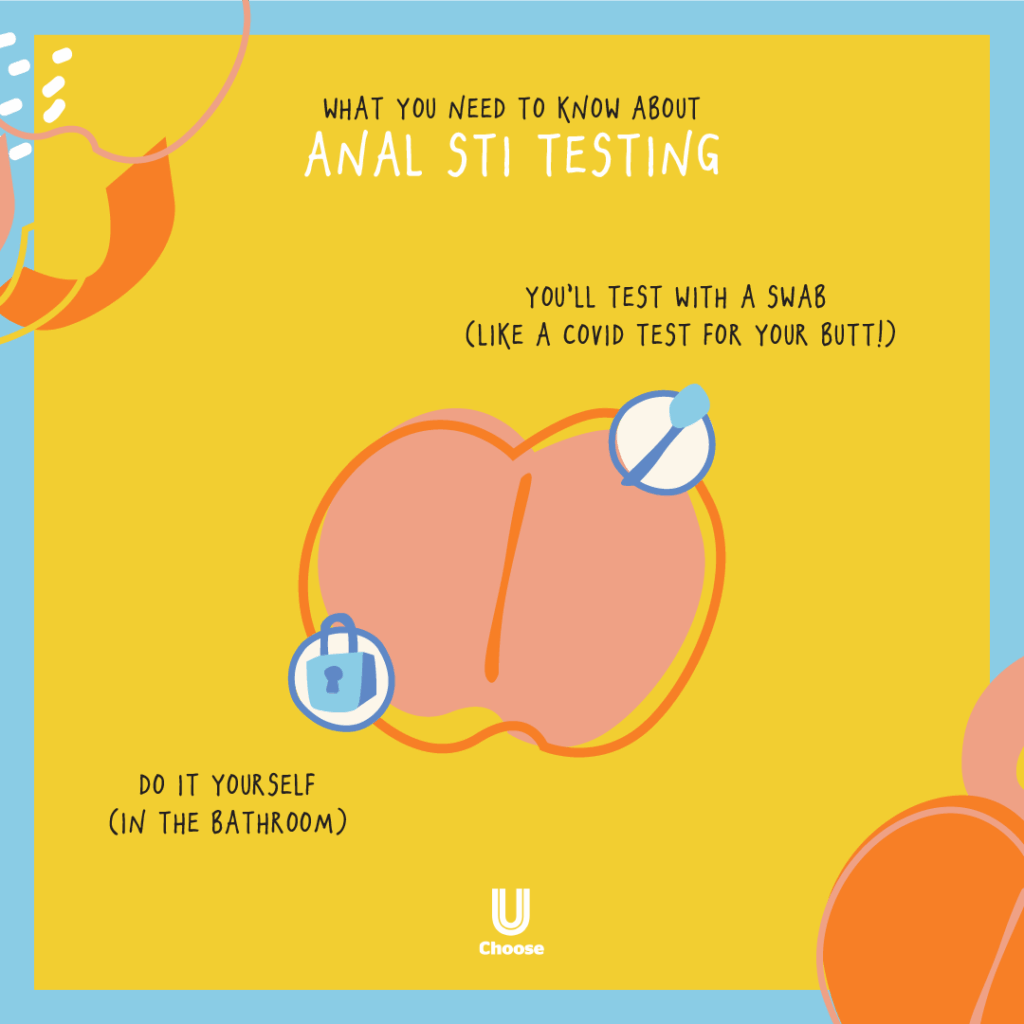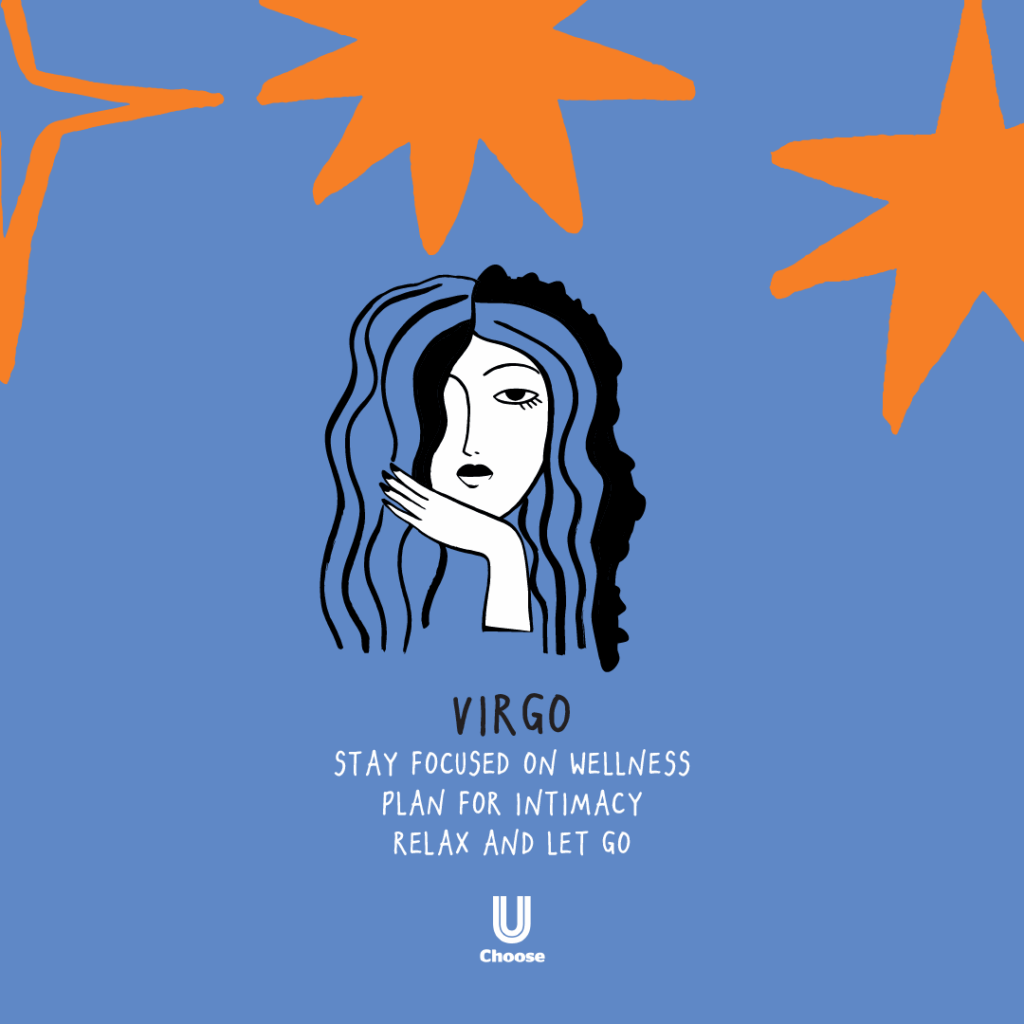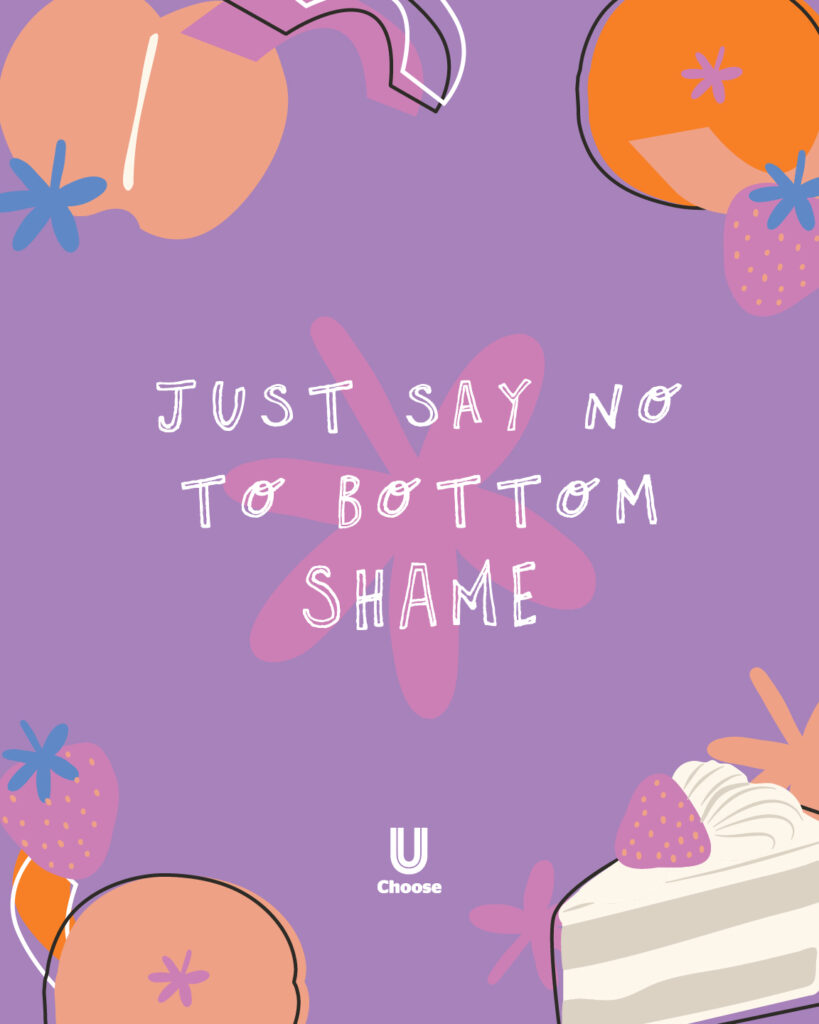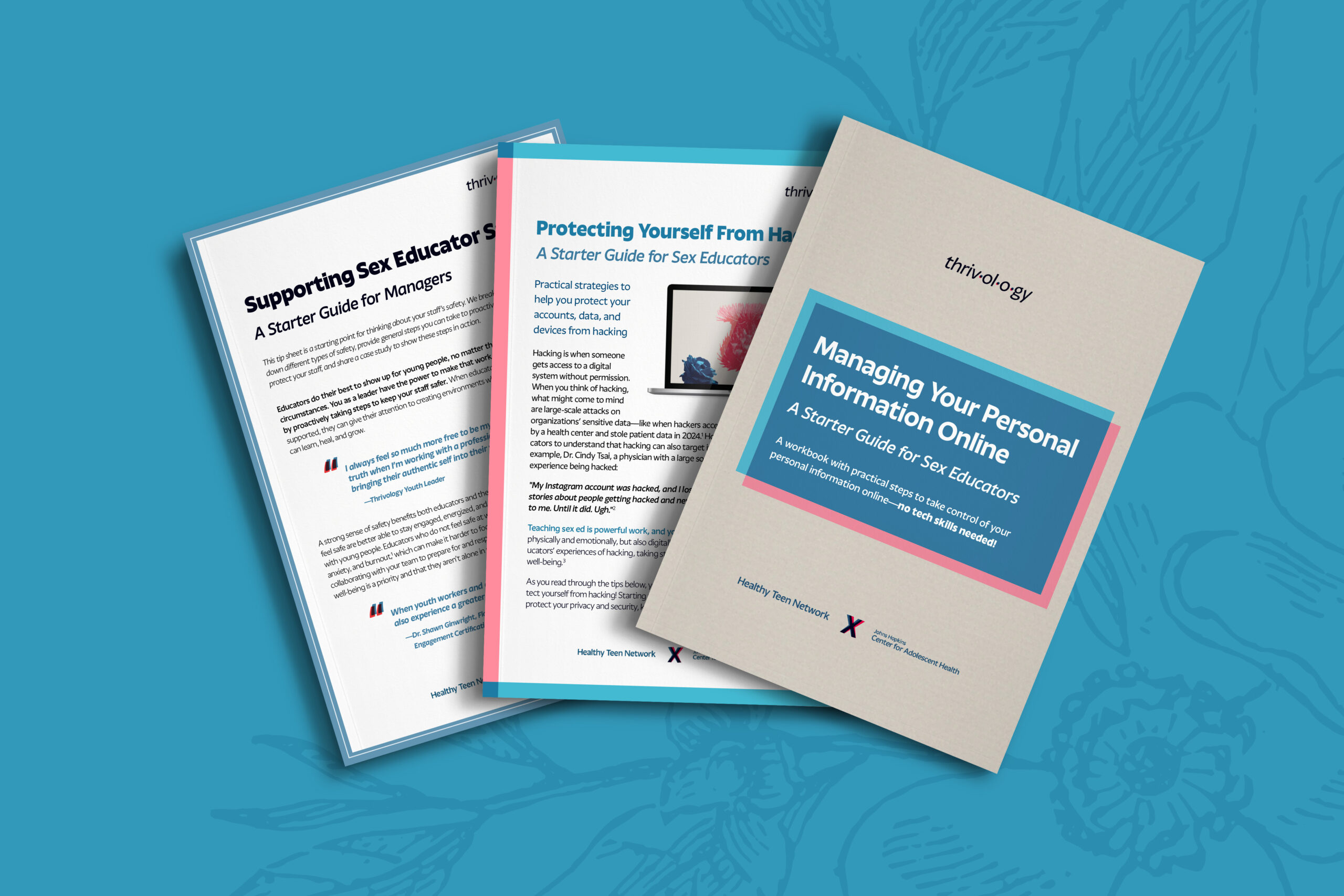AUGUST 29, 2025
With any luck, this fuller, more robust content will leave young adults feeling more confident, better prepared to ask for the services they may need, and aware of two queer-affirming clinics in their community.Along the way, we push beyond flat, simplistic sexual health messages (“just get tested!”), to dive into the juicy diversity of queer sex and the literal “ins and outs” of anal STI testing. With any luck, this fuller, more robust content will leave young adults feeling more confident, better prepared to ask for the services they may need, and aware of two queer-affirming clinics in their community.


A little bit camp and a little bit content, last year’s #AnalAugust content took inspiration from queer creators like Dr. Carlton. It is part of a clinic promotion Instagram series we created for the Baltimore City Health Department.
Butt Seriously: Are Public Health Messages Backfiring?
A few months back, some colleagues and I attended Agents of Change, a health behavior change summit organized by Rescue Agency. One morning, we popped into a mainstage session where the speaker walked through how even well-meaning health campaigns can sometimes backfire, such as:
- How a nutrition campaign urging parents to read food labels ultimately leaves parents feeling guilt and resentment when they’re unable to parse ingredients in Aisle 8 with a wiggly, wailing toddler in the cart.
- The way an anti-drug campaign that warns of rotting teeth and ruined skin distracts from important, early behavioral warning signs of meth use disorder.
This tracks. In sexual health, even well-intentioned campaigns backfire. Fear-based and flat messages leave too many feeling ashamed, unseen, and unsupported—including and especially queer people. For centuries, our very existence has been flattened, medicalized, and pathologized by well-meaning—and not-so-well-meaning—health authorities, institutions, and storytellers.
As poet Leo Herrera puts it:
“Too much about what I read about queer sex is pathologies, disease, criminalization, loneliness, a punishment waiting to happen…I read enough about the dangers and self-loathing. I want its giggles and transcendence.”
Giggles and Transcendence in Transit
We know that embarrassment, fear of judgment—perceived and real—and stigma are reasons people often avoid or delay sexual health appointments. I think it’s worth asking: Might our messaging be, at least in part, to blame?
Much like the nutrition and drug use campaign examples we heard at Agents of Change, sexual health messages can sometimes land a tad too simplistic (“wear a condom every time!”). Worse, they can come off as judgmental and hella stigmatizing. Either way, they rarely leave room for the complexities of sex and desire—and the messiness of human behavior.
For those who don’t get the sterile, simplistic version of safe sex “right” every time (which, let’s be real, is most of us), guilt and embarrassment at the clinic can be a logical outcome of these messages. Most people, no matter their age, will go to great lengths to avoid emotions like these. Instead of encouraging people to seek care, these totalizing messages may push people—fearing judgment, shame, and stigma—even further away from the very places created to help.
With this in mind, we embraced horoscopes in a sister campaign to #AnalAugust. Say what you want about horoscopes, but they’re fun. They’re popular. And a little queer-coded, too. They connect with us on deep, emotional levels, reminding us of our shared humanity and differences, the waning and waxing of our own clarity and power, and our abilities to shape our destinies.
This series re-centers sexual health as inherently human—imperfect, changing, and shaped as much by moments as by choices.
Instead of promoting rigid rules and a narrow, unachievable vision of “safe sex,” this series re-centers sexual health as inherently human—imperfect, changing, and shaped as much by moments as by choices. Confronting a sexual health script stuck on disease and simplistic slogans, these posts offer a tongue-in-cheek, human rebuttal—serving joy (and maybe some even giggles) over judgment and guilt.

#AnalAugust Returns: The Reckoning!
Too often, those who engage in receptive anal sex are shamed as effeminate, promiscuous, and risky. Known in queer circles as “bottom shame,” this phenomenon is, by Herrera’s sage retelling, “a toxic sludge of internalized homophobia, misogyny, racism, and medical negligence.” I think Herrera would agree that the messages we share and promote—in the culture broadly and in public health narrowly—are deeply bound up in this sludge.
The embarrassment, judgment, and stigma attached to receptive anal sex trap too many, discouraging honesty with providers and keeping people from the services they may need. That’s why this year, #AnalAugust reimagines the most simplistic health message of all: “Just say no.”
This year, we say: “Just say no to bottom shame.”

So as the days become shorter and this #AnalAugust fades in the rearview, I hope you’ll continue to get behind sexual health messages that go beyond flat slogans, for ones that are a little more robust, juicy, and—and yes, even a little messy.
No ifs, ands, or butts about it.
Nicholas Sufrinko is a Senior Communications Manager at Healthy Teen Network and is the brand and creative lead behind many of our projects. You can often find him hiking, biking, or stargazing. Read more about Nick.








